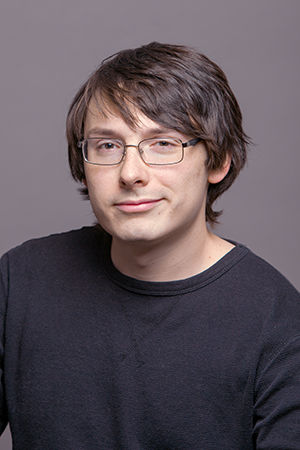Opinion: Whose Islam? Debate of Religion and the Clash of Civilizations
The declaration of a 21st century caliphate last summer stunned much of America. The organization ISIS claims to be the first legitimate manifestation of Islamic law in a millennium. However, its theology is significantly different from other schools of Islamic thought throughout the Middle East and the world. This led President Barrack Obama and others to label ISIS “not Islamic.” Many disagreed, citing ISIS’s faithful, if remarkably literal, obedience to many Quranic mandates. Is ISIS Islamic or isn’t it?
In saying that the group was not Islamic, the President drew a distinction between the Islamic religion and ISIS’ ideology. Many liberals and peaceful Muslims (hereafter and forever to be referred to as “Muslims”) agreed with this characterization, while others were scandalized by Obama’s unwillingness to name “the enemy.”
At the root of this disagreement lies one key oversimplification — that religion is monolithic, unchanging and absolutely important. Ironically, this insistence leaves one in full agreement with ISIS.
Many claim that Islam is a “religion of peace.” For them, Muslims are peaceful people by definition (as the vast majority are) and therefore those who commit violent acts, particularly those claiming divine inspiration, cannot be Muslims at all.
The idea that Islam is a religion of peace makes many conservatives roll their eyes and for good reason. The reality of terrorist attacks based on fundamentalist Islamic ideologies cannot be denied. “Fox and Friends”-style amateur theologians often use this as justification for labeling Islam a violent religion.
Both sides attempt to reduce a religion with more than a billion adherents and fifteen hundred years of history to a hashtag-length meme.
Religions are complex, dynamic and often self-contradictory. That’s why we have theologians. Religious texts are not “Salvation for Dummies.” They are constantly interpreted and reinterpreted. Anyone who has had an English class can tell you that two people reading the same book can come to very different conclusions. This is the nature of religion. It’s the process of interpreting scripture and acting upon it.
Yet oversimplification continues. Hawks use the “violent religion” meme to delegitimize other cultures and justify a “civilizing” imperialism. Others, more understandably, insist on the “religion of peace” thesis as a theological shorthand separating themselves morally from actions they find abhorrent and physically from reprisals by anti-Muslim thugs.
I do not equate anti-Muslim ranting with Muslims asserting that they abhor violence. However, I fear that the latter group may be unintentionally playing into a false dichotomy of “Islam good” versus “Islam bad,” allowing the religion to be described in all-encompassing ways. This only feeds the “Clash of Civilizations” narrative that has recently pervaded our culture. This idea that the “West” will inevitably come into conflict with the Islamic world has the capacity to be the most catastrophic self-fulfilling prophecy of all time.
Proponents of this theory are everywhere, from Kent to Mosul. The Clash of Civilizations, as much as any particular facet of Islam, is the central pillar of the ideology of ISIS. It’s baffling that the same people championing “Western values” and decrying Islam could be in complete agreement with ISIS on such a fundamental point.
Insisting on simplicity can only lead to disaster. We must embrace complexity. Only through deep thought, prudent judgment, and a belief in the fundamental equality of all people can we steer ourselves through this impasse.



